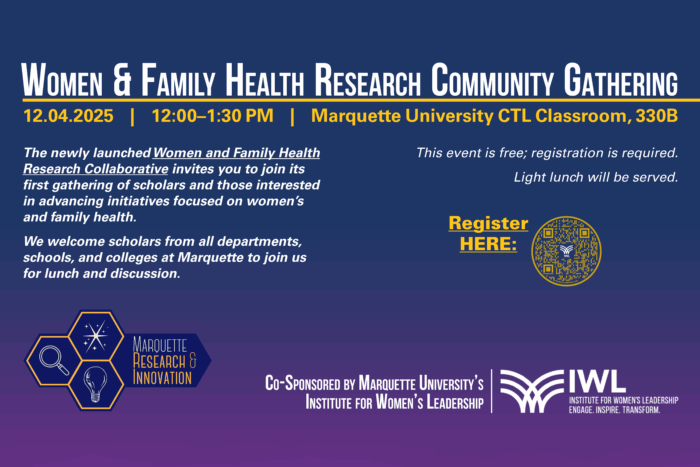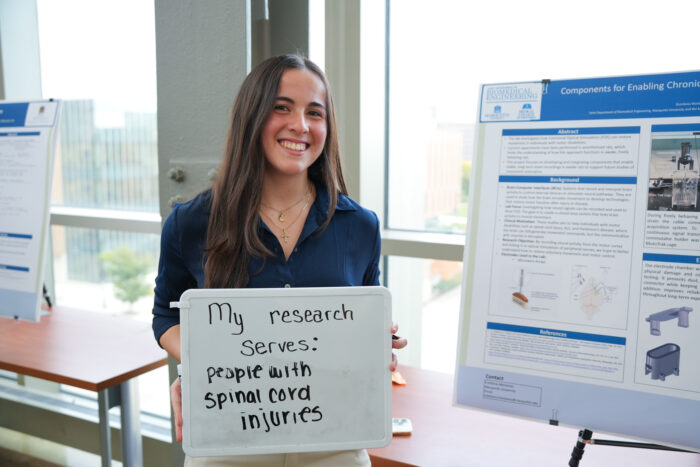
Dr. Murray Blackmore, professor of biomedical sciences in the College of Health Sciences, has received an R01 grant of $3.6 million from the National Institutes of Health to advance new viral tools to selectively manipulate subtypes of brain-spinal neurons for the study of spinal cord injury.
A major challenge to maximizing functional recovery following spinal cord injury is the multiplicity of neuronal populations that carry brain-spinal cord information. To move beyond a tract-by-tract approach to treatment, the current project will harness new technologies to survey the entirety of affected cell types and then selectively manipulate genetically defined subsets of neurons. This approach is expected to yield new insights into mechanisms of injury and thereby direct attention toward the most important sets of cells required for recovery of function.
“The sheer complexity of the map of neural connections has made it very difficult to treat the many different effects of spinal injury,” Blackmore said. “Neurons that communicate with the spinal cord are spread throughout the brain, so historically the field has been forced to focus on just a few of the main sources of these brain-spinal cord connections. Our goal throughout this project is to develop a novel approach that captures much more of the cellular complexity, which will enable us to identify the correct cell types for each specific injury to develop more specialized treatment approaches.”
One of the mysteries of spinal injury recovery is why some individuals recover more successfully than others. This project will allow Blackmore and his colleagues to test the hypothesis that differences in recovery can be predicted through a comprehensive mapping of the precise set of connections that survive the injury, which varies across individuals. In order to test which of the residual connections is most important for recovery, Blackmore and colleagues will create gene therapy tools that allow them to temporarily silence defined sets of neurons. Taken together, these aims will precisely identify the brain-spinal neurons whose activity and sparing control differential recovery and generate new tools to selectively manipulate them. This information is essential to broaden our understanding of supraspinal control of spinal cord function and, critically, to focus on the neuronal populations that can best facilitate functional recovery.
“Through the exciting set of novel studies made possible by this award, Dr. Blackmore and colleagues will pursue critical research to advance the treatment of spinal cord injuries,” said Dr. William E. Cullinan, dean of the College of Health Sciences. “Dr. Blackmore and his team continue work at the leading edge of this field, and the multiple prestigious R01 level NIH grants that he has garnered for his work attests to its groundbreaking nature.”
Blackmore is one of two principal investigators on the award, alongside Dr. Pantelis Tsoulfas, associate professor of neurological surgery and cell biology and anatomy at the University of Miami. Dr. Adam Ferguson, professor of neurological surgery at the University of California, San Francisco School of Medicine, is a co-investigator.
The grant was awarded through NIH’s National Institute of Neurological Disorders and Stroke (NINDS). The mission of NINDS is to seek fundamental knowledge about the brain and nervous system and to use that knowledge to reduce the burden of neurological disease for all people.
The NIH’s Research Project Grant (R01) is the original and historically oldest grant mechanism used by the NIH, providing support for health-related research and development based on the mission of the NIH.


